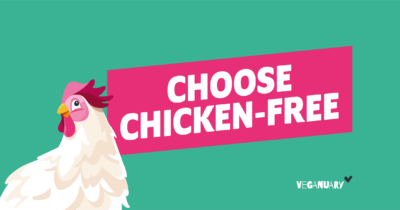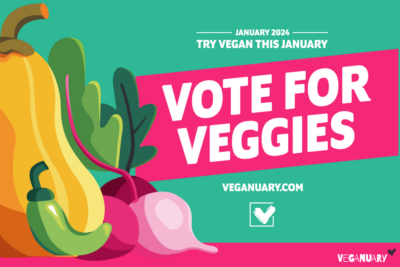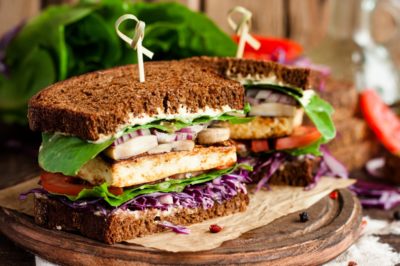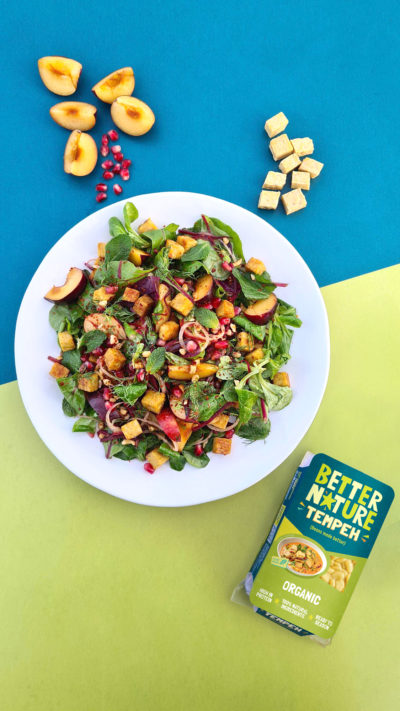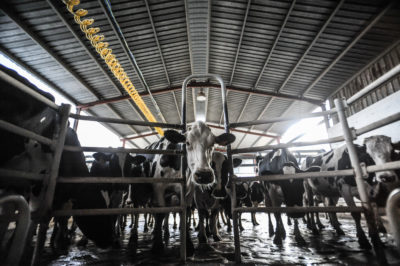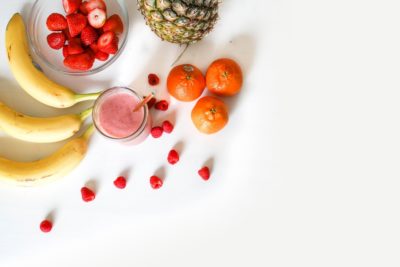Gone are the days where we question the quantity of adequate protein in our diets. Protein shakes. Protein cookies. Protein waters. We’ve gone protein mad.
In our determination to fuel our bodies with healthful nutrition, could we be compromising our long-term wellbeing?
Protein Obsession
The past ten years have seen an exponential growth in the western world’s obsession with protein consumption. With fat and sugar demonised and carbohydrates succumbed to poor PR, proteins are often idolised in this gym-going, weight-watching society. But why are we so convinced that we need to consume copious amounts of the stuff in order to live a healthful life?

Our fascination with protein stems from the incorrect early recommendations of dieticians. In the 1890s, the USDA recommended the consumption of over 110g of protein intake per day, about twice the amount that we truly require, according to today’s government recommendations.
And what did they consider the best source of protein? Meat, dairy and other animal products, of course.
Scientists were sold on the idea that meat consumption was the most effective way to wipe out child malnutrition – music to the ears of the agro-farming industry.
In the 1960s, our obsession with protein was to gain further momentum when the UN published a global protein deficiency report stating the need to develop supplements to help close a so-called “protein gap” in lesser developed countries. Campbell and Campbell (2005) report how the US government began subsidising the production of dried milk powder in order to help supplement those afflicted with poor diets.
But by the 1970s, the theory of a protein gap was scientifically debunked, as nutritionists and researchers discovered the guidelines for protein consumption to be massively overestimated. The result? A confused world questioning just how much protein they truly need.
Protein Junkies
Not all that much has changed in terms of people’s attitudes towards protein consumption, despite current nutritional guidelines. A quick search on social media of the hashtag #fitfood will reveal thousands of meat- and dairy-based, protein-dense meals and snacks fuelling people’s bodies. Our generation has become one of protein junkies, maximising animal protein consumption in the hope of achieving ultimate health.
Let’s Talk About Protein
We all need to consume protein. Protein consists of long chains of amino acids, which are the building blocks of our every cell, DNA strand and various hormones. Put simply, we depend on protein to maintain our body’s every function, and without it we would soon run into trouble. This leads many to an assumption: surely the more protein we eat the better, right?
Wrong. Actually, the majority of amino acids we require can be synthesised in the body without dietary intervention, with the exception of 9 essential amino acids which need to be sourced from our food – and can be found quite easily in plant foods.
Women require 45g per day; men 55g.
Despite this, the majority of westerners are eating around 45-55% more protein in their diets than is physically required. What’s worse, the primary source of all this excessive protein intake is from animal products, placing excess strain upon the environment as well as the body’s own health.
Too Much Protein Is Bad News
Recent reports in the Guardian and The Huffington Post have caused waves of unrest amongst our meat-loving society. And for good reason.
Heart disease and chronic kidney disease are rife amongst the adult population in western societies, which correlates with the increased levels of protein from meat, egg and dairy consumption. High protein diets, consisting of animal products, are commonly associated with atherosclerosis, kidney disease, liver disorders and worsening of coronary heart disease. Animal protein induces an increased level of inflammation in the body, whilst flooding the circulatory system with excess cholesterol, fat, growth hormone factors and additives, which wreak havoc on the homeostatic processes of the body.
It seems there are more negative scientific associations between high protein consumption and health than there are positive. But plant-based proteins have been shown to have the opposite effect.
Plant protein sources contain higher levels of fibre, an optimum supply of nutrients and help increase general health. Plant proteins do not cause inflammation, nor do they contribute towards cholesterol levels, heart diseases or result in reduced kidney functions. You only have to review the wealth of nutrition research, such as that found on Nutritionfacts.org, to discover how healthful a vegan diet is compared to omnivorous consumption.
Myth busting: Protein Quality
There is still an idea that plant proteins are of lower quality than those from animal sources. Whilst it is true that animal proteins contain a complete range of amino acids (and therefore are inclusive of all 9 essential amino acids), there is no evidence to suggest that consuming a plant-based diet will leave you deficient in any sense of the word. Providing you are getting enough calories, eating a wholefood diet, and consuming protein from a variety of sources, there’s no reason anyone should become protein deficient regardless of dietary choices. Staple sources of dietary protein from plant-based diets include beans, pulses, legumes, tofu and soya products, whole wheat bread, oats, seeds and nuts. When combining these in your daily diet, it’s easy achieve the recommended daily intake.
Vegan Protein Sources per 100g
- Seitan – 70g
- Pumpkin Seed Butter – 24g
- Peanut Butter – 23g
- Tahini – 22g
- Tempeh – 19g
- Flaxseeds – 18g
- Oats – 17g
- Tofu – 15g
- Lentils – 9g
Plant-based Protein
As for those who are building muscle for sports and competitions, being vegan is no barrier. Competitive powerlifter Vanessa Espinoza, she explains:
“So many people think that you can only get your protein from eating animals and have no idea that there is plant protein. Every fruit and vegetable, nuts, seeds, grain, legumes, tofu contain amino acids, which is what our bodies absorb. Our bodies only need 5 to 10% of our daily caloric intake in the form of protein.”
“The most important tip is to not worry about your protein intake IF you are eating a variety of “Real” plant-based healthy foods. It’s more important to count nutrients and if you’re eating nutrient dense foods you will get all the protein you need and more. I know many people transitioning to a vegan lifestyle worry about not having supplements anymore, but there are many great vegan sources of protein in your diet already. The second is getting enough calories in order to build muscle. Again eating “Real” food is the key to a building muscle mass. There is no substitute for real food, food is medicine.”
There is absolutely no need to rely on animal products in order to survive and thrive. Being vegan, and consuming a wholefood, plant-based diet rich in a variety of grains, beans and legumes will ensure an ample supply of protein whether you strive to deadlift three times your bodyweight, or simply to be healthy.
Take the vegan pledge today, and see for yourself how eating a plant-based diet can enrich the health of your body.
PAGE UPDATED JULY 2020

